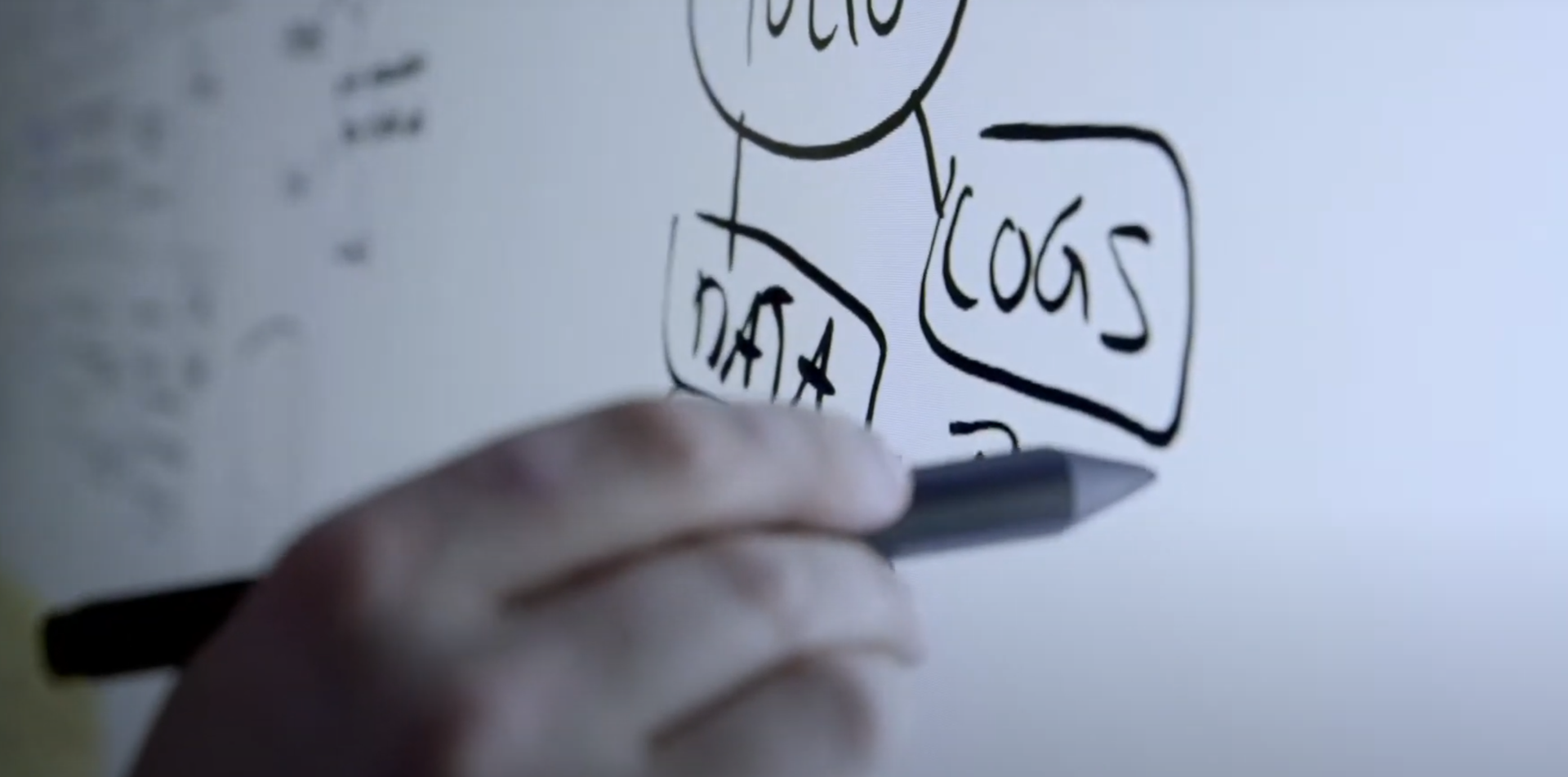
Complementary Interfaces Workshop and Talk of Raimund Dachselt
We are excited to host Raimund Dachselt and his group from TU Dresden!
During a two-day workshop (Wednesday and Thursday), we will discuss current approaches of ubiquitous data visualizations and work towards novel visualization techniques for virtual and augmented reality applications. We'll also explore how complementary interfaces can help in the evaluation of user data in mixed reality. We're looking forward to fruitful discussions!
To conclude the workshop, Raimund Dachselt will give a talk about “Leaving the Confines of the Desktop: Towards Ubiquitous Data Visualization” as part of our SFB. The talk will be held on Thursday, April 18 at 4.00 pm in room ZT 1201.
Abstract
Increasingly, interactive data visualization plays a crucial role in empowering human beings to access, explore, analyze, and make sense of data. The variety of applications stretches from advanced scientific data visualization in life sciences to personal data visualization on mobile devices. The past decade has seen a growing research interest and demonstrated benefits in visualization environments beyond traditional desktop computers, often involving multimodal human-computer interaction. Immersive Analytics, an approach for spatial data analysis with (mostly) mixed reality technologies, is a particularly interesting research direction that is receiving a lot of attention and allowing unprecedented ways of diving into the data.
In this talk, we will discuss such novel visualization environments, among them multi-device ensembles involving large visualization walls, (multiple) mobile devices, as well as immersive environments utilizing mixed reality technologies. Based on a discussion of several research examples of the Interactive Media Lab Dresden, we will introduce natural and appropriate ways of exploring data in such future environments. The talk will also outline important challenges associated with these research directions.
Speaker Biography
Raimund Dachselt is a full professor of Computer Science and head of the Interactive Media Lab at Technische Universität Dresden, one of Germany’s Universities of Excellence. His research interests encompass natural human computer interaction (HCI), interactive information visualization, and Mixed Reality interaction. He worked extensively in the area of interactive surfaces from smartwatches over tablets and tabletops to wall-sized displays (also combined in multi-display environments) and combined interaction modalities (e.g., multi-touch and pen, tangible displays, gaze-supported interaction, body gestures). He and his team made pioneering contributions to the field of interactive data visualization beyond the desktop including solutions for mobile devices, ultra-large displays, multi-device environments, Augmented Reality, and other Immersive Analytics approaches. Contributions in the area of physical computing have recently extended the technology spectrum beyond commonly available devices.
Prof. Dachselt received his PhD in 2004 from TU Dresden and was professor for User Interface & Software Engineering at University of Magdeburg from 2007 to 2012. At the Faculty of Computer Science at TU Dresden he has been elected director of the Institute of Software and Multimedia Technology, and serves as vice-dean from 2021 on. He has published more than 260 peer-reviewed publications, co-authored two major German textbooks on HCI and received more than a dozen Best Paper, Honorable Mention, and further publication awards at leading international HCI and visualization conferences. Dachselt is a member of several computer societies, has co-organized 16 international workshops at ACM and IEEE conferences, and was the steering committee chair of ACM ISS. He repeatedly served as a co-chair (general, program, doctoral symposium, demo, publicity, keynote chair) and PC member for top international HCI conferences and was guest editor of several special journal issues. Since 2019 he is the Dresden spokesperson of the Transregional Collaborative Research Center (SFB/TR 248) Center for Perspicuous Computing (CPEC).
